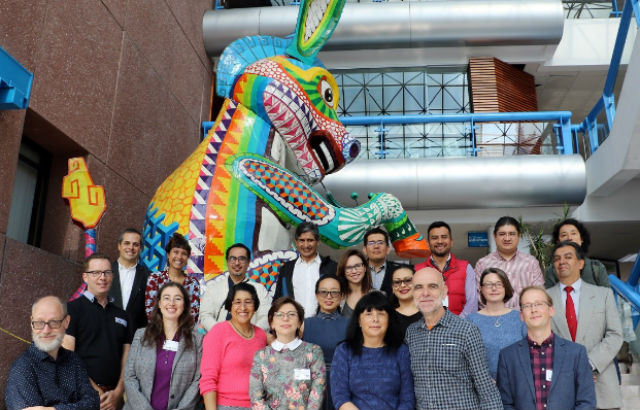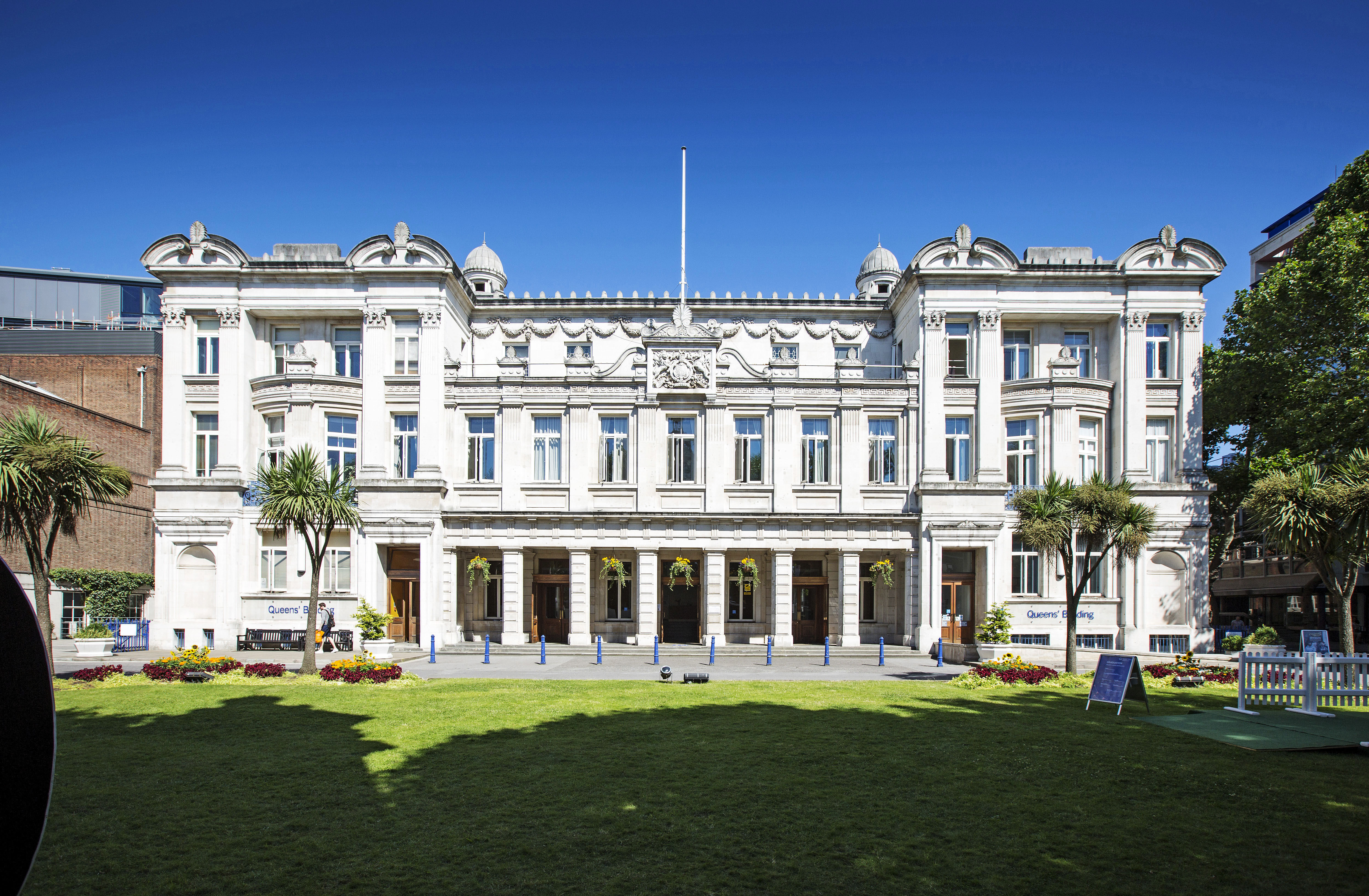
National Polytechnic Institute in Mexico City
The intensive workshop on Smart Cities between Queen Mary and the Instituto Politécnico Nacional (IPN) took place in the Research Computing Centre (CIC) of IPN In Mexico City, where 16 academics from the two institutions came together to share ideas and exchange knowledge to explore concepts and create potential quality research projects of international standing. The intensive work of the sandpit was moderated by Aurelija Povilaike, Faculty Research Manager for HSS at Queen Mary University of London.
The event proved a great success and the winning research project, entitled “Tackling air quality: enhancing awareness and enabling smart decision-making”, will now be awarded seedcorn funding by the two institutions.
Real-time air quality forecasts
The project aims to provide hyper-local and dynamic air quality forecasts using real-time traffic intensity data from mobile phones in Mexico City, where the network of air quality monitoring stations is small and updates infrequently compared to a city such as London. The forecasts will enable smarter decision making to help citizens avoid exposure to air pollution and help policy makers identify problem areas and undertake mitigation measures.
The winning project was proposed by Dr. Marcella Bona and Professor John Moriarty of Queen Mary and Dr. Adriana Lara and Dr. Alberto Luviano Juárez of IPN.
From Queen Mary, five academics representing each of the schools in the Faculty of Science and Engineering took part, plus two academics from the Faculty of Humanities and Social Sciences. Nine academics from across different disciplines participated from IPN.
Participants in the sandpit workshop described it as “a great experience”, “intensive, yet enjoyable and interesting” and “a very enriching experience”.
Sam Halvorsen, Lecturer in Human Geography at Queen Mary, said “The QMUL-IPN sandpit was unlike anything I’d experienced before. It pushed me outside of my usual comfort zones and into a new, exciting area of interdisciplinary and international collaborations with people and ideas that I’d never previously encountered.
One team and one aim
“The beauty of the pit is its simplicity: one team, one team of researchers from world-class institutions, and one aim: developing a ground-breaking research proposal. I have no doubt that this will be the start of a long-term research partnership between IPN and QMUL”.
While the sandpit was taking place Sharon Ellis, Director of Research Services, and Professor Teresa Alonso-Rasgado, Dean for Global Engagement in the Faculty of Science and Engineering, took the opportunity to visit Mexican universities including the University of the Americas in Cholula Puebla, the National Polytechnic Institute and the Polytechnic University of the Valle of Mexico. In addition they had meetings with key players to plan the Empowering women in STEM event, planned to take place in Mexico City in 2020, and possible future sandpit workshops.



